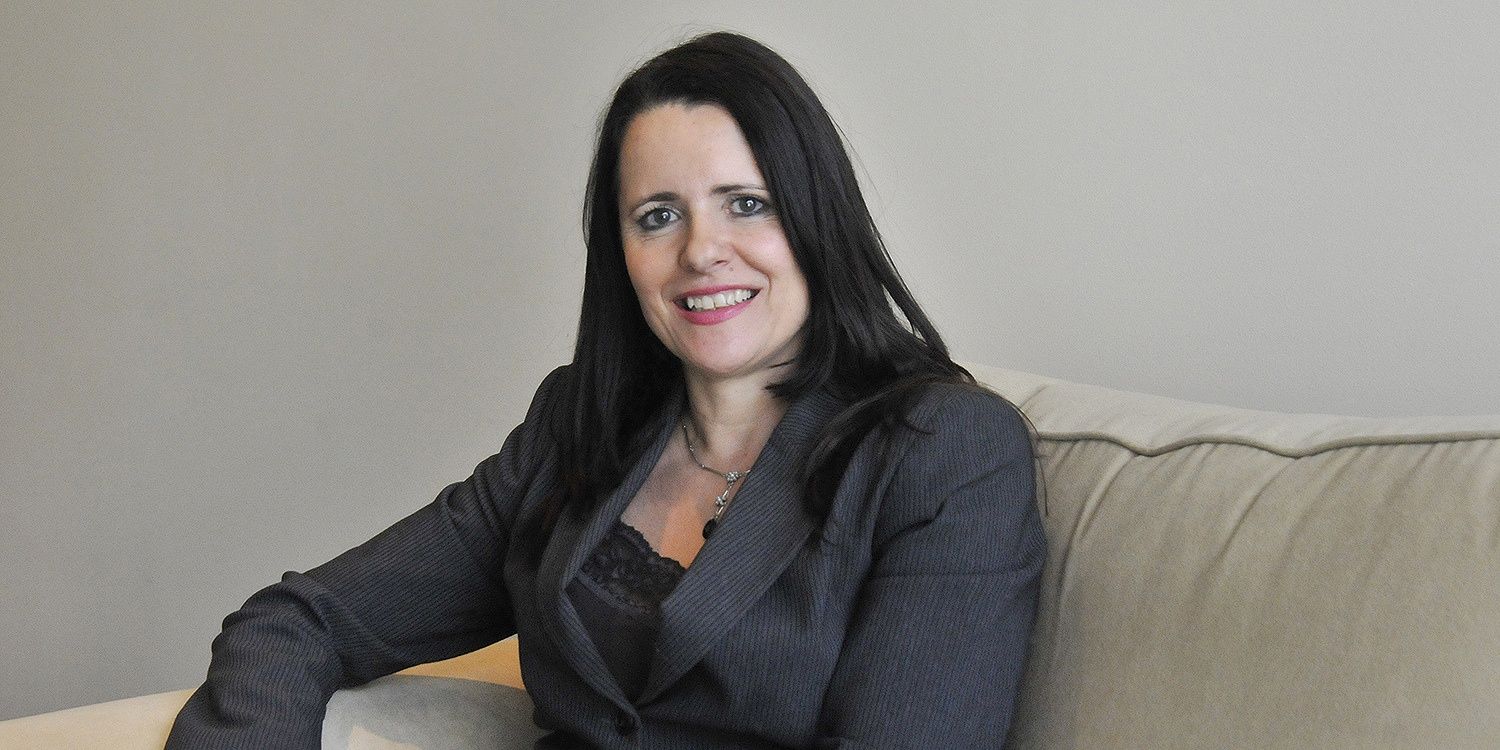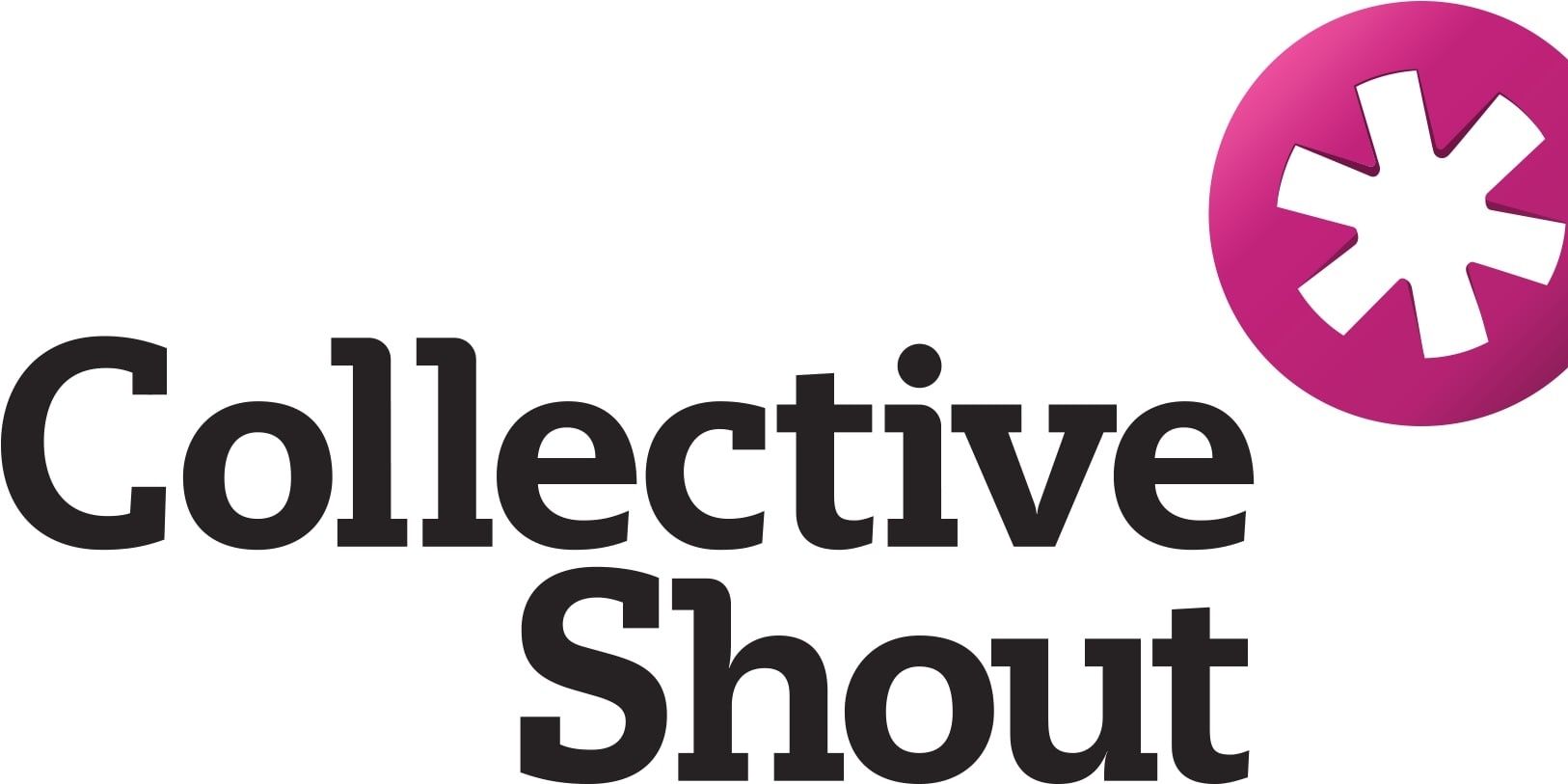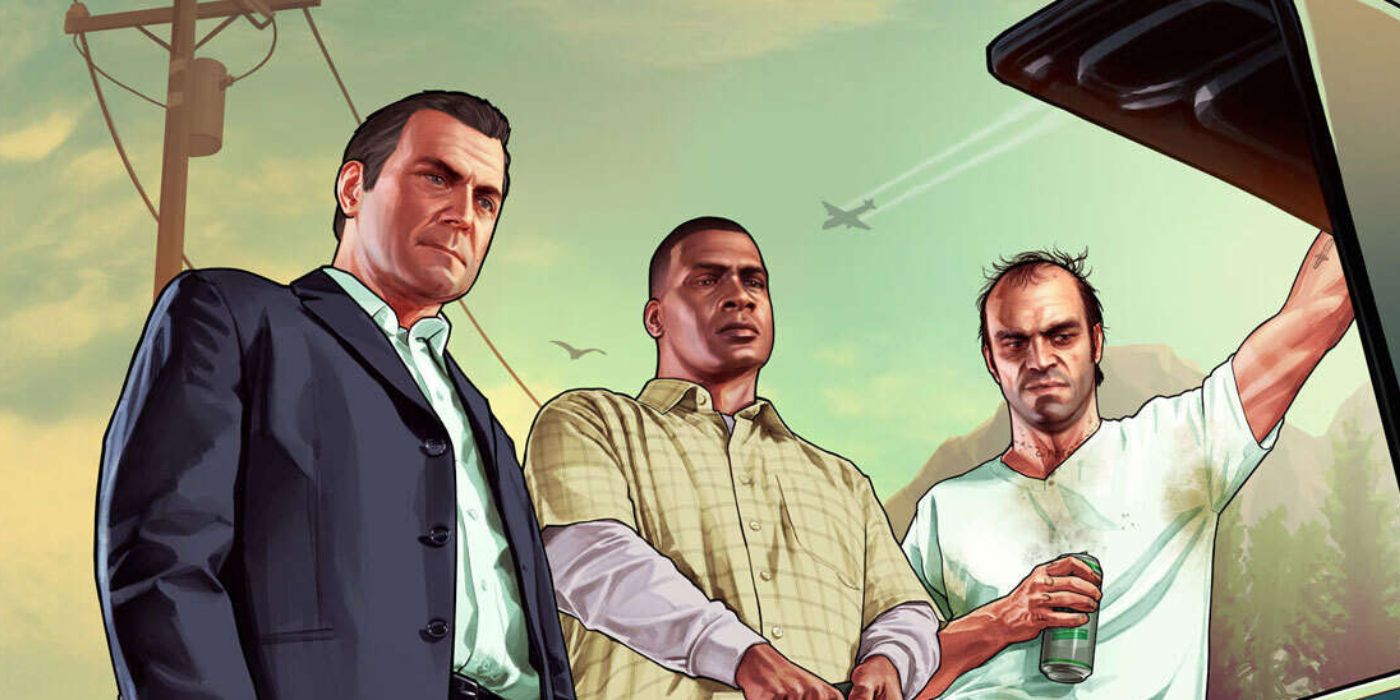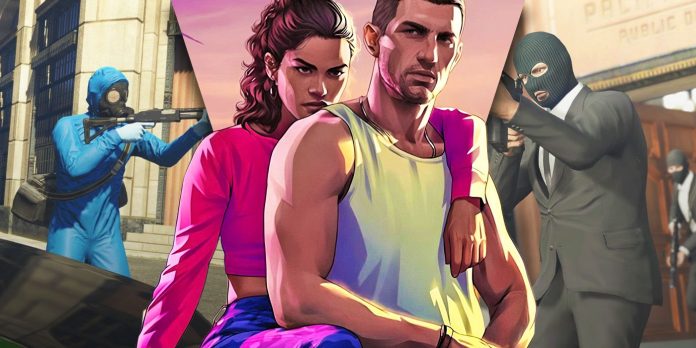Censorship, according to Merriam-Webster, is the “institution, system or practice of censoring.” In turn, censoring is the process of examining “in order to suppress or delete anything considered objectionable.” The latter definition is broad when it comes to what is considered objectionable, which, as the definition for censorship suggests, has led to entire institutions dedicated to the practice. There is self-censorship, where creators tailor their works to wider audiences; commercial censorship, where certain places won’t carry specific works; and, above all, state-backed censorship, which seeks to completely bar works from being sold or exhibited in certain countries.
Video games are unusually susceptible to censorship by many groups, likely due to the medium’s relative recency. Certain games and series have long attracted criticism from states and advocacy groups, with the Grand Theft Auto series being one of the most frequent targets. Recently, a group called Collective Shout has made headlines for claiming responsibility for having certain titles delisted from online services. This mirrors how some groups claim responsibility for attacks on cultural or historical landmarks. Understanding what Collective Shout is requires a closer look at its leadership and history.
Collective Shout Isn’t Melinda Reist’s First Advocacy Group
Reist Pushed for Censorship Before Collective Shout

Collective Shout, headquartered in Australia, is led by Melinda Tankard Reist, who has a history of censorship-related activism prior to the group’s formation. Understanding her role in Collective Shout also involves looking at her broader background. Reist, who has spent most of her life in Australia aside from a year of study in the United States, appeared to lead a relatively typical life, participating in the Rotary Foundation and working as a freelance writer for Australian newspapers and news networks.
While Collective Shout is perhaps Melinda Tankard Reist’s most notable effort today, it is far from her first foray into activism, particularly of the institutional kind. She was the founding director of Women’s Forum Australia, a firmly feminist organization with a strong pro-life stance. Founded just three years before Collective Shout, Women’s Forum Australia can’t be described as a direct precursor, as the two pursue different objectives.
However, Reist’s involvement in Women’s Forum Australia clearly shaped her role in Collective Shout, largely due to the shared tone that defines both groups. Notably, Women’s Forum Australia maintains a strong opposition to pornography, an issue Collective Shout also treats as central in its campaigns against what it views as amoral video games.
Collective Shout Doesn’t Just Target Video Games
The Australian Advocacy Group Has Been Around Since the 2000s

Collective Shout may seem like a recent arrival, but it’s been active for much longer and has had a quieter influence on media than many might realize. Established in 2008 by Melinda Tankard Reist, it was originally named Collective Shout for a World Free of Sexploitation. As the original name suggests, the group had a slightly different focus in its early years.
Describing itself as a grassroots organization, Collective Shout aims to eliminate what it sees as degradation toward women, particularly in the form of objectification and sexualization in media. While these goals may appear noble, Collective Shout has pushed beyond just restricting access to pornography, raising concerns about broader underlying motives.
To put it simply, if something contains even a trace of sexuality, Collective Shout often finds a reason to oppose it and push for its restriction in Australia, sometimes with real-world consequences. Among the group’s early targets was the broadcast of the X League, short for Extreme Football League, an American indoor women’s football league known for featuring players in minimal clothing. Previously called the Lingerie Football League, it became a particular focus for the group, which has repeatedly spoken out against lingerie and what it sees as its role in the objectification of women.
Outside of video games, one of Collective Shout’s most notable campaigns targeted rap music, specifically Tyler, the Creator. The organization pushed for the revocation of his Australian visa based on the content of his lyrics. Other artists they’ve campaigned against include Snoop Dogg and Eminem.
Collective Shout Has Been Targeting Video Games
The Group Has Pushed Steam and Other Platforms to Delist Games
It’s clear that Collective Shout has a wide range of targets. From protesting rap artists like Tyler, the Creator to opposing broadcasts of sports leagues like the X League, the group’s targets have included many types of media. More recently, however, the group has gotten attention for its campaigns against video games.
Collective Shout has already influenced the distribution of several titles in Australia, going back to the controversy surrounding Grand Theft Auto V. While the game wasn’t officially banned, the group successfully pressured major retailers like Target and Kmart to remove it from shelves. Beyond Grand Theft Auto V, Collective Shout has also voiced objections to other titles it deems harmful to women, including Detroit: Become Human, a choice-based video game where players shape the story.
|
Video Game |
Collective Shout Effect |
|
Grand Theft Auto V (2013) |
Pulled from Kmart and Target |
|
Detroit: Become Human (2018) |
N/A |
However, Collective Shout’s protests against games like Grand Theft Auto V and Detroit: Become Human pale in comparison to their current efforts targeting digital game distribution. The group now appears to be pressuring payment processors like PayPal in an attempt to block sales of games they deem objectionable, affecting entire platforms in the process. Their campaign isn’t limited to large outlets like Steam and is also targeting smaller distributors such as itch.io, which has become a focal point in the growing conflict between gamers and Collective Shout.
Among the games singled out are No Mercy and Consume Me, which the group claims fall under the category of erotic video games. Platforms like Steam and itch.io have both cracked down on adult content due to Collective Shout’s efforts, and many gamers have expressed disappointment at how quickly these platforms seemed to concede. There have also been reports that games that don’t contain adult content are being removed from platforms.
Collective Shout Is Threatening Video Games as We Know It
Before Collective Shout, People Like Jack Thompson Targeted Video Games

Collective Shout’s current actions against video games may be troubling, as are the seemingly quick concessions from online distributors and payment processors. However, this isn’t the first time video games have faced threats of widespread bans. In the United States, the medium has long been scrutinized by both activists and politicians. It was under this pressure that the Entertainment Software Rating Board was established, though even that failed to fully satisfy critics of the industry.
Over the years, many figures have shown concern about the harmful effects of video games, even though studies have indicated that games can teach useful skills.
One of the most notorious figures fighting to censor video games was Jack Thompson, a now-disbarred Florida attorney who, much like Collective Shout, targeted what he considered to be amoral media, including rap music. More prominently, he focused his efforts on what he saw as the most violent video games, repeatedly pushing for their removal from store shelves and calling for tighter restrictions across the industry.
Threats against video games have not gone unnoticed by the courts, which have largely ruled in favor of the right to access them, regardless of how controversial the content may be. A key case, Brown v. Entertainment Merchants Association, reached the Supreme Court of the United States, where the majority ruled in favor of the video game industry, with only two justices dissenting. In the majority opinion, Justice Antonin Scalia affirmed that video games are protected under the First Amendment, placing them on the same level as other forms of art like film and television.
This legal protection, however, doesn’t extend globally. In countries like Australia, where Collective Shout is headquartered, video games face much stricter scrutiny. Compared to the United States, Australia has a more conservative regulatory environment, and organizations like Collective Shout continue to push for even tighter restrictions, working to ensure that many games may never see release within the country.
Valve and itch.io’s abrupt game bans have left many gamers concerned about what this might mean for video games. While the bans have only targeted adult games so far, Collective Shout has also pushed to remove other games from storefronts. If the group continues to be successful, its actions could have a lasting impact on the gaming industry.
